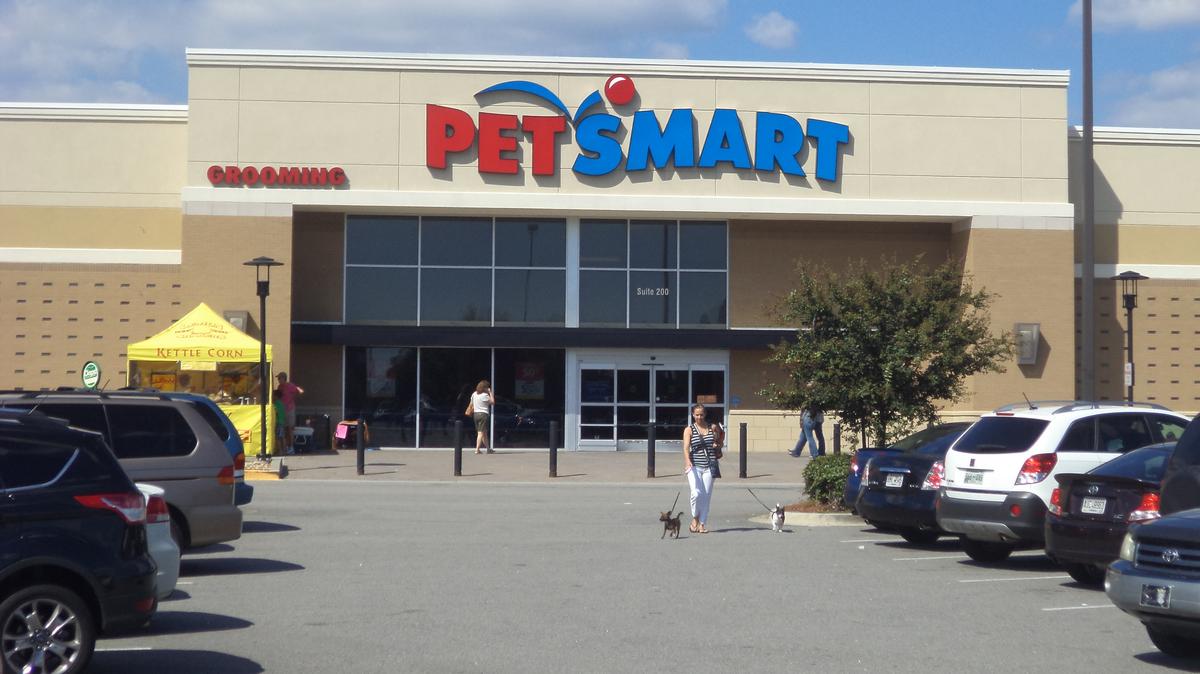


“Contrary to what people think and have heard, adoption rates did not go through the roof,” adds Meghan Dillmore, the shelter service manager for Denver Animal Shelter. “Pre-pandemic, it was pretty much business as usual, and then we did notice a significant drop of our intakes of any type in 20,” says Nicole Robbins, community outreach coordinator for the City of Aurora Animal Services. “If they’re in the kennel day in and day out for several months, it’s not healthy for the dog - and it makes it harder to adopt them out.”Īurora Animal Shelter Despite popular myth suggesting that a plethora of people adopted animals during the pandemic, shelter and rescue staffers say that the low numbers in 2020 can’t be attributed to a surplus of adoptions. “Dogs get great care at the shelter, but it’s not the same as they’ll get in a home,” explains Emily Williams, communications director for Denver’s Department of Public Health and Environment, which operates the Denver Animal Shelter. While animal shelters mostly emptied out during the 2020 coronavirus pandemic lockdown, today they are struggling to accommodate all of the animals that require help. While volunteers and a regional network of shelters are working to meet those needs, finding the right help - and the right home - for pets like Peggy Sue, Julian and London has become a major challenge, largely because of recent economic shifts. In 2022, Denver area shelters and rescues have seen a significant increase in the number of animals that need assistance. London’s second adoption went better, but not by much: She was returned once more to the Aurora shelter because of issues with the adoptive family’s cat. After two failed adoptions - both families returned the dog “due to his rambunctious energy” - it was clear that he needed a home where he could get lots of exercise and attention.Īnd London, who was on the shy side, was what the shelter staff referred to as a “door darter.” After her first adoption in May, she escaped the house, was hit by a car, and had a hind leg amputated as a result. “Cowering in the back of her kennel, Peggy was overwhelmed with fear and would frantically move away in a blind panic anytime someone would try to interact with her.”Īnother dog, Julian, was becoming a “frequent guest” at the shelter. When ten-month-old Peggy Sue, a mixed-breed puppy, arrived at Aurora’s animal shelter in April, she “was not adjusting well to the shelter environment,” according to staff notes.


 0 kommentar(er)
0 kommentar(er)
